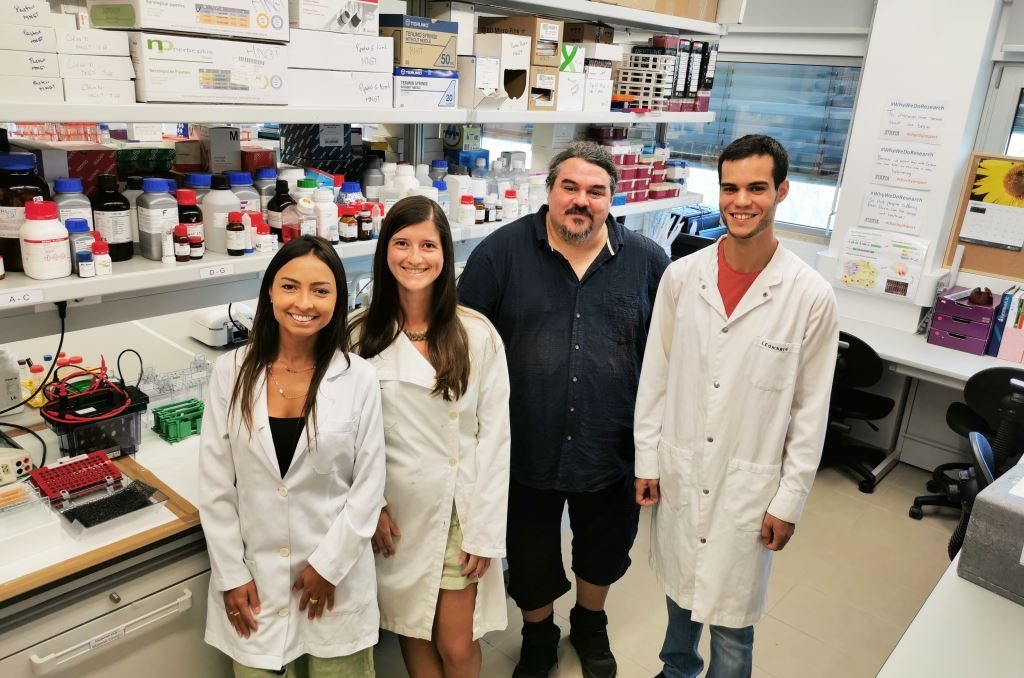The Stem Cell Biology group of the Center for Research in Biomedicine (CBMR) of the University of Algarve (UAlg), led by José Bragança, has just published a scientific article in the journal Cell Death & Disease that could bring «important conclusions» on what it concerns the process of heart development during pregnancy and the prevention of congenital heart disease.
Among the congenital diseases, "cardiac are the ones that appear the most in humans (affecting about 1 in every 100 babies)", says UAlg.
These heart diseases, which are present at birth, result from a failure in the embryonic development process.
Several previous works, including those by José Bragança, have shown that the CITED2 protein is critical for the survival and development of embryos and, in particular, for the process of cardiac development to proceed normally.
This recent research, initially conducted with embryonic (mouse) stem cells, “has provided a better understanding of the importance of the CITED2 protein in the molecular mechanisms of cardiac differentiation, and has led to the identification of proteins that can supplement the appearance of cardiovascular abnormalities. », refers to UAlg.
In these assays it was found that overexpression of the CITED2 protein leads to the secretion of extracellular proteins among which two proteins were identified - WNT5A and WNT11 - that proved to be able to restore heart survival and development in embryos of zebrafish with deficient CITED2 expression.
Thus, in this work, scientists were also able to verify that the CITED2 protein plays a role similar to that which was advanced for the mouse and for humans, indicating that the function of the CITED2 protein is conserved in vertebrates (from fish to humans).
“The results of this research are particularly important as they suggest that CITED2 dysfunction during development and perhaps other proteins could be compensated for by taking supplements, opening the door for future clinical approaches to prevent or limit cardiac malformations during pregnancy, without requiring gene therapy,” concludes UAlg.


















Comments